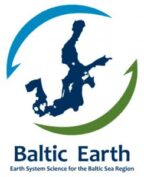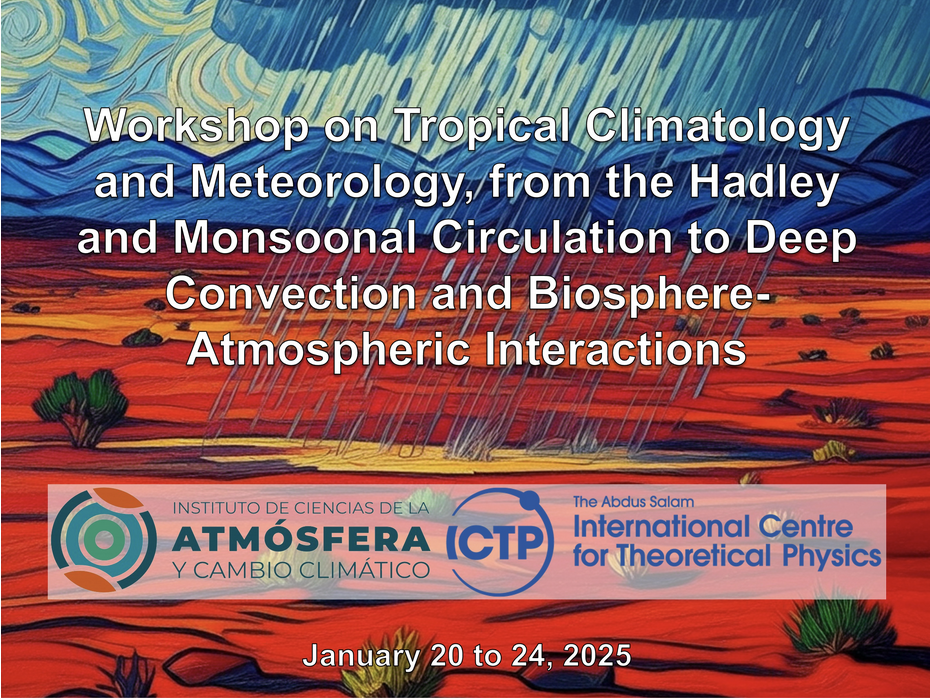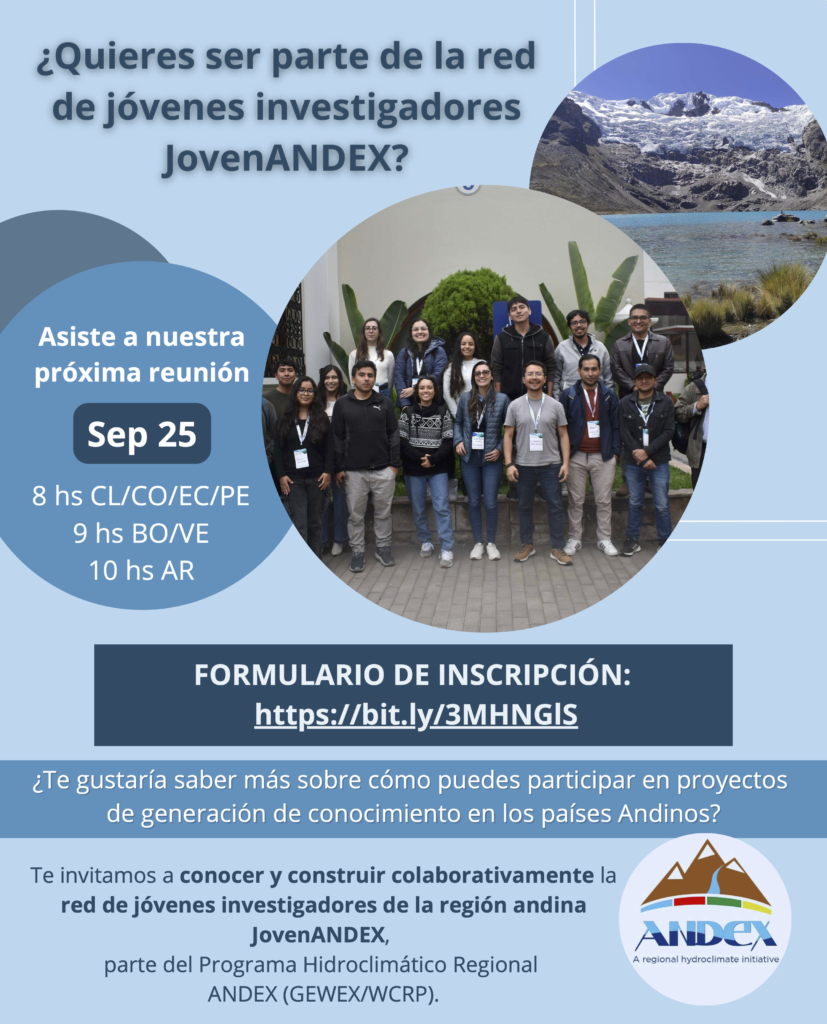This interdisciplinary event brings together researchers, policymakers, and stakeholders to explore the multifaceted dynamics of the Baltic Sea and its catchment, examining the rich history, current functioning, and future prospects of this region. Over the course of the conference, critical topics will be visited across seven thematic sessions covering a wide range of disciplines and addressing fundamental scientific problems and environmental challenges. By fostering interdisciplinary dialogue and international collaboration, the aim of this congress is to generate innovative solutions to preserve and protect the unique marine environment of the Baltic Sea for generations to come. Join this event to share your knowledge, insights, and strategies to ensure a sustainable future for this vital ecosystem.
Themes
- Physical and Biogeochemical Changes in the Baltic Sea
- Ecosystem Health and Biodiversity
- Geological Processes and Coastal Erosion
- Land-Ocean-Atmosphere Interactions and Catchment Processes
- Marine Pollution: Sources, Trends, Effects and Solutions
- Exploitation of ecosystem services and its impact on the Baltic Sea ecosystem
- Emerging Technologies for Research and Monitoring
Important dates
| Call for abstracts | : 10 December 2024 – 21 February 2025 |
| Registration period | : 15 January – 14 April 2025 |
| Early Bird registration deadline | : 31 March 2025 |
| 2025 Baltic Sea Science Congress | : 26 – 30 May 2025 |
Please visit the official meeting website at http://www.bssc2025.pl/
The Eighth WMO International Workshop on Monsoons (IWM-8) will focus on Advancing the Understanding & Prediction of Monsoons and their Impacts in a Changing Climate and will emphasize addressing monsoon impacts as part of the societal challenges prioritized by the WWRP and WCRP.
The workshop will be held at IITM Pune during 17-21 March 2025 in hybrid mode, permitting on-site and virtual participation. The IWM provides a forum for researchers, forecasters, and stakeholders/end-users to discuss recent advances in monsoons research and current topics including new observational studies, process studies, and strategic priority setting for modelling/prediction studies, covering weather-to-climate time scales. The emphasis is on addressing monsoon impacts as part of the societal challenges prioritized by the WWRP and WCRP: high-impact weather, water, agriculture, energy, disaster risk reduction, urbanization, and new technologies, in heavily populated monsoon regions around the world. Outcomes from the workshop are expected to facilitate transfer of new science and technology to National Meteorological and Hydrological Services (NMHSs) in these regions.
For more information, please visit the workshop website.
The Workshop Tropical Climatology and Meteorology from the Hadley and Monsoonal Circulation to Deep Convection and Biosphere-Atmospheric Interactions will enhance the understanding of the tropical climate and meteorology and their connection to atmospheric convection.
Participants will attend seminars focusing on fundamental scientific issues that are central to the study of the tropics. Additionally, they will engage in a two-day intensive course where they will conduct data analysis and modeling activities relevant to tropical studies. To receive a diploma, participants should attend all activities and present a group project.
Workshop Topics
- Convection and its organization
- Modern theories of monsoons
- Focus on the North American Monsoon
- Monsoons and climate modeling (seasonal forecasts and CMIP6 models)
- Tropical waves
Detailed information about the program and speakers is available at https://www.gewex.org/gewex-content/uploads/2024/11/Poster_workshop-ICTP.pdf.
For in-person participation, please register here.
Online participation in real-time is also possible via Facebook and YouTube.
The GEWEX Data and Analysis Panel (GDAP) was organized to bring together theoretical and experimental insights into the radiative interactions and climate feedbacks associated with cloud processes. The central question that governs the GDAP mission is: “how sensitive is the Earth’s climate to changes in radiative and other forcings?” Answering this question will enable improved prediction of transient natural climate variations, such as El Niño, and provide better understanding of the consequences of natural and human-induced climate changes.
During 2025 GDAP meeting, participants will evaluate the progress of current GDAP assessments and projects. They will also engage in discussions regarding potential collaboration and explore new project opportunities. As one of the four panels of the Global Energy and Water Cycle Exchanges (GEWEX), a core program of the World Climate Research Program (WCRP), the GEWEX Science Questions and the WCRP Lighthouse activities will be at the heart of these discussions.
The 2025 GDAP meeting is planned to take place in conjunction with the Upper-Tropospheric Clouds and Convection (UTCC) Process Evaluation Study (PROES) meeting.
Participation is for Panel members and invited guests only.
For additional information visit https://www.gewexevents.org/meetings/2025gdap/
The GEWEX Hydroclimatology Panel (GHP) concentrates on improving our understanding of environmental water and energy exchanges at the regional scale and from an integrated perspective. Addressing the water cycle at the regional scale allows us to better understand the many components of the system, from its physical to economic to social aspects.
This year’s meeting will be used to review the state of the current ongoing actions (RHPs, CCs, Networks and the links with the Data Centers). GHP members and project leads will evaluate ongoing and planned GHP activities and asses future actions to ensure that the Panel contributes effectively to the leading role that GEWEX plays in the hydrological and climate sciences and related modeling activities.
Note that this meeting is by invitation only.
For additional information visit https://www.gewexevents.org/meetings/2025ghp/
The international conferences in IGWC series are the meeting point for groundwater professionals and researchers, bringing together experts in the various inter-related disciplines in the field of Groundwater Hydrology. Groundwater has emerged as a major resource in safe guarding agriculture and drinking water security in many parts of the globe.
The role of groundwater in contributing to water security and searching solutions for its conservation and sustainable management at present will play a crucial role to meet water demands of the population in future under a changing climate and to ensure food and water security for both the developed and developing countries. Towards a Water-Secure Future: The aim of IGWC 2025 is to provide a common platform for researchers, academicians, water managers, industrialists and technocrats to discuss and deliberate the groundwater vision 2047 in the face of growing challenges of the needs of rising earth population and confronting climate uncertainties in water resources planning and management.
For more information visit https://igwc2025.nihroorkee.gov.in/index
Held every three years, ESA’s Living Planet Symposia are among the world’s premier events on Earth observation. With the climate crisis intensifying, the Living Planet Symposium 2025 (LPS25) emphasizes transitioning from ‘observation to climate action and sustainability for Earth’.
The event provides a forum to present and discuss the latest scientific findings and applications based on satellite data, and to review the contribution that data and technologies have made and could further make in addressing environmental and societal challenges. The symposium will showcase innovative products, services, missions and initiatives, with the overarching goal of demonstrating how science, society, policy-making, businesses and the economy can all benefit from observations made from space.
GEWEX is co-organizing various sessions:
A.01.09 Atmospheric 3D Winds for Weather and Climate
A.05.11 Next generation cloud climatology
A.07.07 Advancements in Observation of Physical Snow Parameters
A.07.08 Global and regional water cycle in the integrated human-Earth system
For the description of these sessions, please see https://lps25.esa.int/sessions/
The 37th GEWEX Scientific Steering Group (SSG-37) meeting is hosted by Victoria University of Wellington and Institute of Geological and Nuclear Sciences (GNS) | Te Pū Ao in Wellington, New Zealand. This year’s SSG-meeting will take place from Monday to Friday, 10–14 February 2025.
The GEWEX SSG-37 will focus on internal matters: the new GEWEX Science Plan for GEWEX’s Phase IV (2022-2032), how that translates to current and future panel activities and how it aligns and links with WCRP’s science priorities, including the WCRP Lighthouse Activities, and each GEWEX Panel will report on their activities in 2024 and plans.
Furthermore, this meeting will also focus on GEWEX activities in relation to our sponsors and international partners and a part of this meeting will be used to reflect on the GEWEX Open Science Conference held in Sapporo in July 2024.
Lastly, our program will be completed with presentations from the other WCRP core projects, LHA-activities, Space Agencies, and other relevant international programs.
Note that this is a ‘by invitation only’ meeting
For additional information visit https://www.gewexevents.org/meetings/ssg37/
This will be the first coordination and network meeting of JovenANDEX, part of ANDEX, a GEWEX Regional Hydroclimate Project for the Andes. This meeting serves as an introduction to the JovenANDEX community, its current activities, and to inform you on how you can get involved. Furthermore, the aim is to discuss the identity, future and future activities of JovenANDEX among each other.
The main objective of JovenANDEX is to promote collaboration between young researchers from different disciplines at a local and global level, while encouraging the personal development of those who are part of the community. The profile of the members of this network are young people from the scientific community who come from the Andean countries or who carry out research in the Andean region (regardless of their nationality) on the disciplinary topics or transversal lines of ANDEX.
Please note that the meeting will be held in Spanish.
To register click here.
 The 7th International Baltic Earth Winter School for Young Scientists on “Earth System Science for the Baltic Sea Region” is co-organized by the Marine Research Institute of the University of Klaipeda and the International Baltic Earth Secretariat at Helmholtz-Zentrum Hereon under the umbrella of Baltic Earth (baltic.earth).
The 7th International Baltic Earth Winter School for Young Scientists on “Earth System Science for the Baltic Sea Region” is co-organized by the Marine Research Institute of the University of Klaipeda and the International Baltic Earth Secretariat at Helmholtz-Zentrum Hereon under the umbrella of Baltic Earth (baltic.earth).
The interdisciplinary school will provide a broad overview of ongoing research activities on the Earth system in the Baltic Sea region and discuss grand challenges in sciences, for instance, as summarized in the Baltic Earth Assessment Reports (BEARs). One of the goals of the school is to provide an overview of the level of knowledge and to assist in future career choices.
For additional information, please visit https://www.gewexevents.org/meetings/be-winter-school/.
The application deadline is 15 January 2025.




